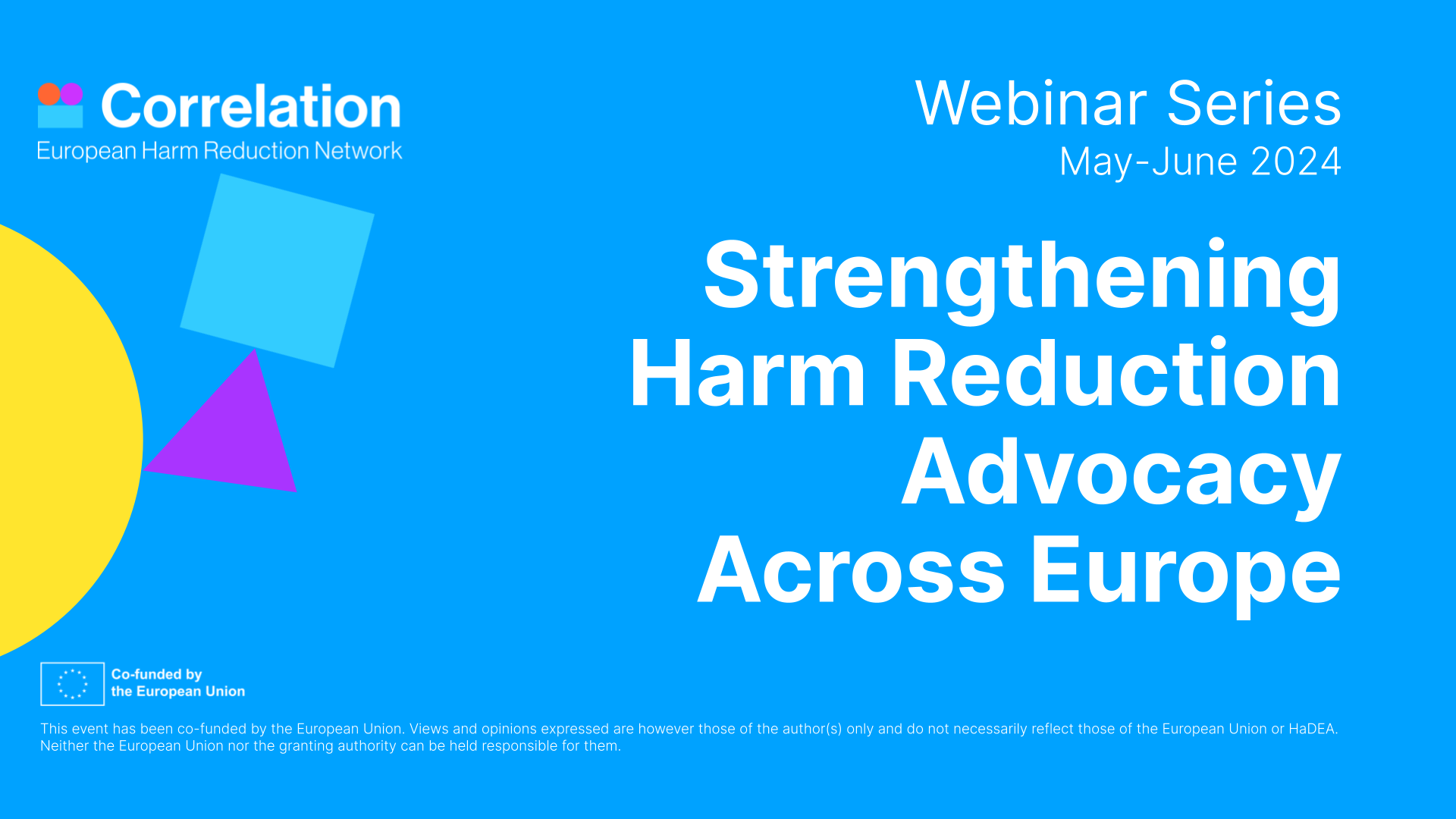
In the context of strained healthcare systems and shifting priorities, mainly due to the COVID-19 crisis, it is essential to ensure that the importance of efforts to eliminate HCV is not forgotten. If anything, the current pandemic should underline the need for widespread and effective public health responses whilst decision-makers must critically keep on prioritising HCV.
We were one of the official partners of the 3rd EU HCV ELIMINATION POLICY SUMMIT, which took place in late March and ended up with a Call-to-Action.
The Call-to-Action was signed up by 16 initial networks, group and calls, among others, to make hepatitis C elimination in Europe an explicit and adequately resourced public health priority. What is remarkable from the viewpoint of C-EHRN is that significant institutions, hepatitis patient groups, and community networks call for decriminalisation of drug use for the first time.
“Remove barriers to people who inject drugs (PWID) accessing care, including decriminalisation. Political resistance to harm reduction services is a major barrier to appropriate access to hepatitis C prevention services for PWID, as are laws and policies which criminalise drug use, drug possession, and drug users. [12] In line with community statements and the European Association for the Study of the Liver’s (EASL) policy statement, [12] we, therefore, call for the decriminalisation of minor, non-violent drug offences and call for political support for harm reduction services in all European countries.”
following the statement of the European Association for the Study of the Lever: https://easl.eu/news/policy-statement-drug-use-hep-c/
“The major barrier to appropriate access to hepatitis C care is political resistance to harm reduction services, as well as laws and policies which criminalise drug use, drug possession, and drug users themselves. To reach the desired WHO goal, combining decriminalisation of personal drug consumption and integrated interventions that include hepatitis C testing and treatment should be implemented”.
Again, meanwhile, harm reduction and drug policy reform activists argue for many years for these measures, it is crucial to get support from the broader public health audience regarding one of the main barriers for people who use drugs to access adequate health services.
Eberhard Schatz
C-EHRN, April 2021